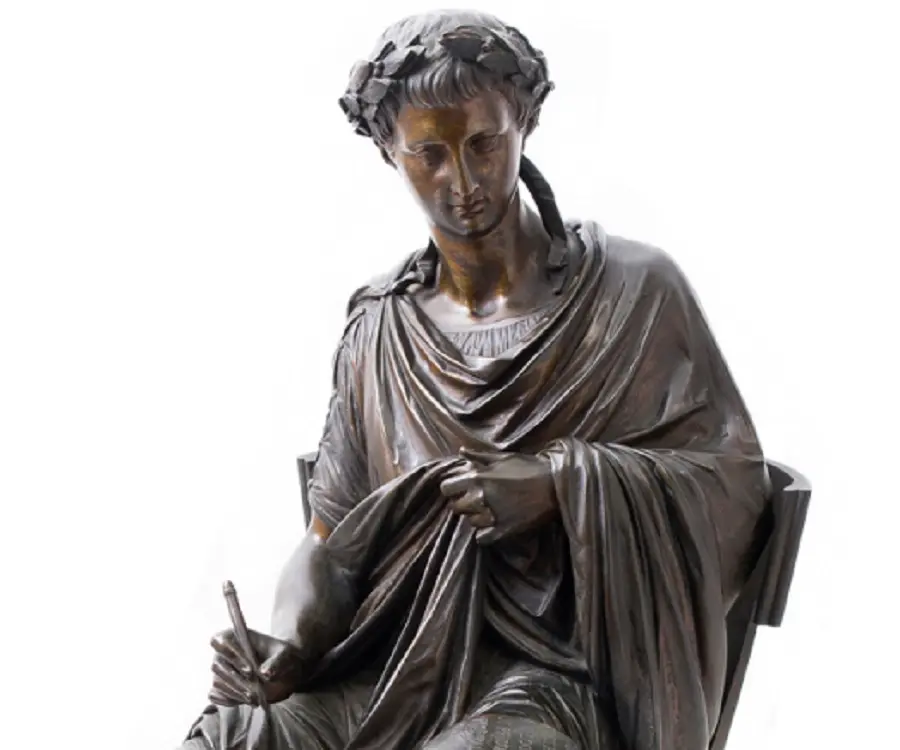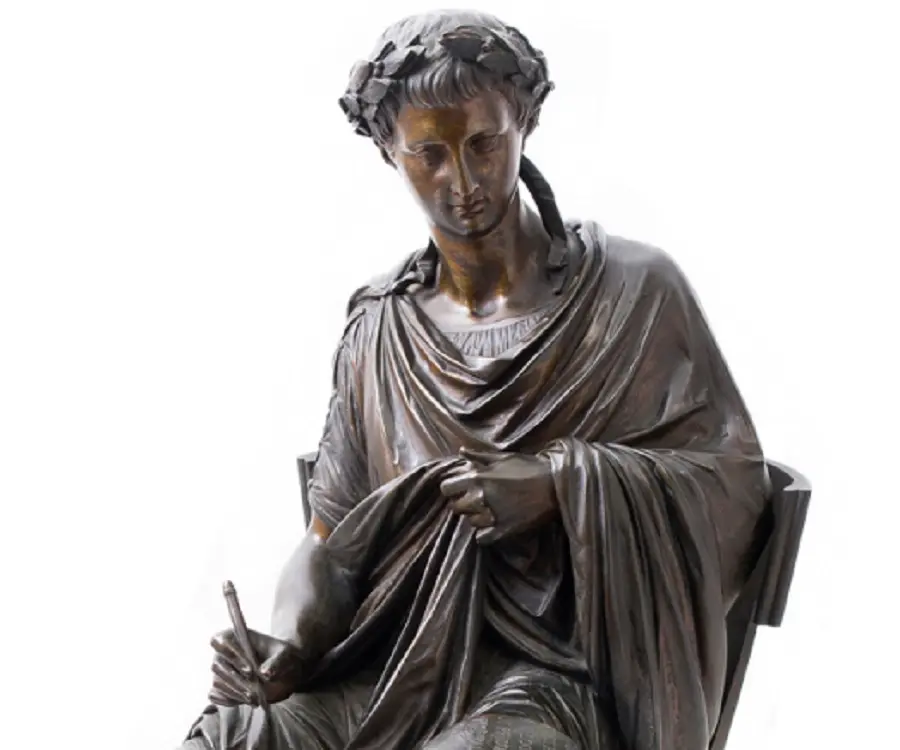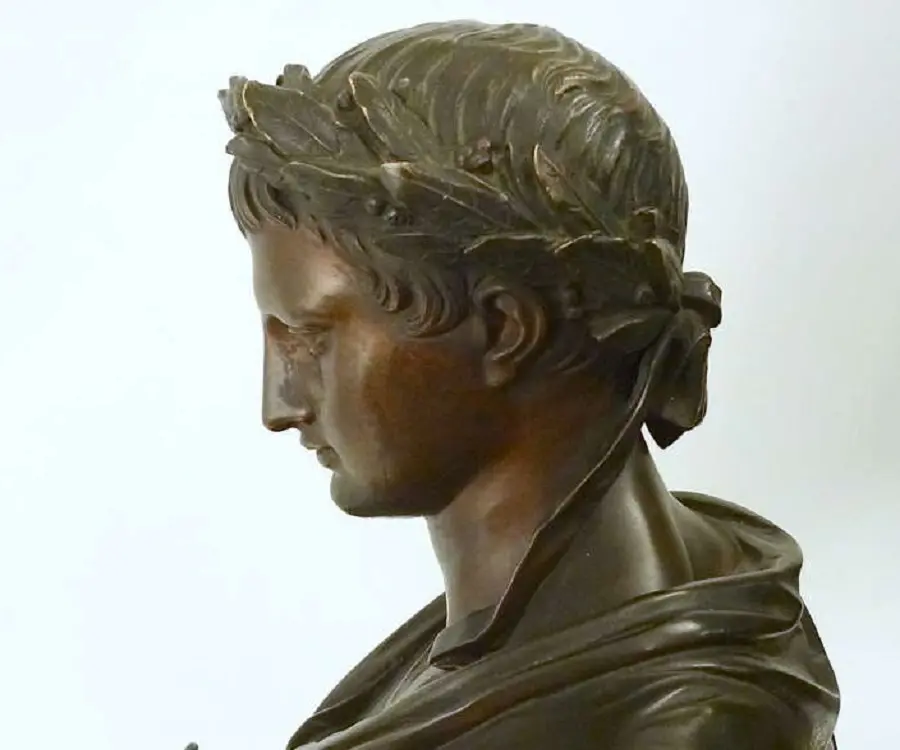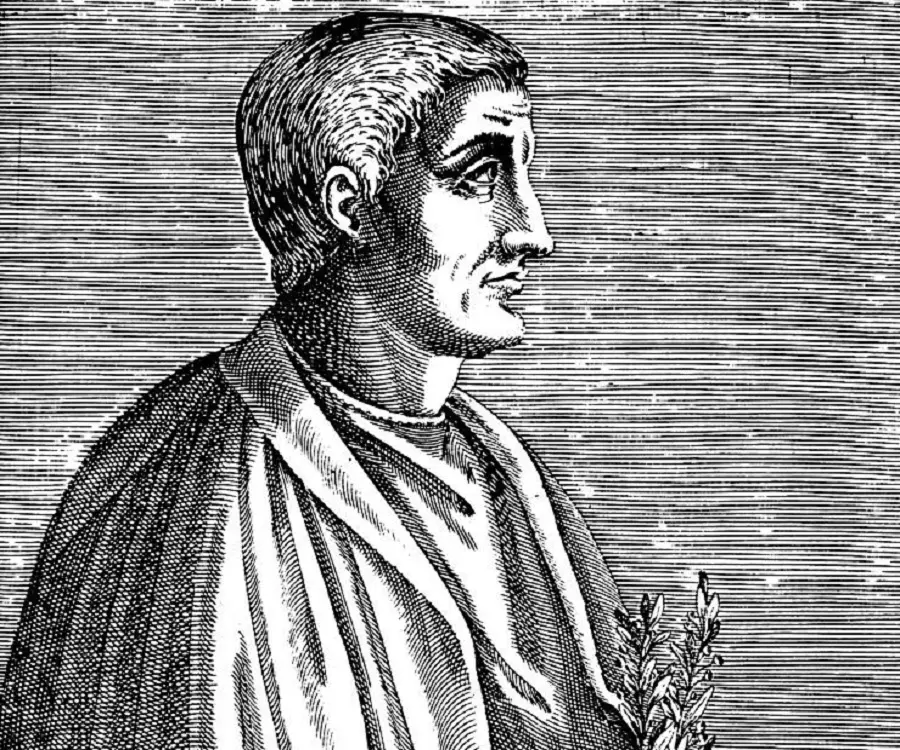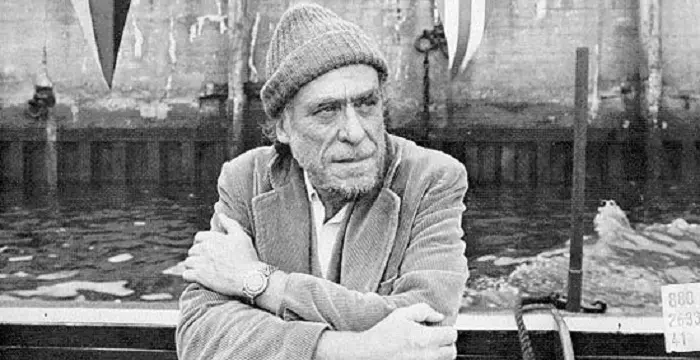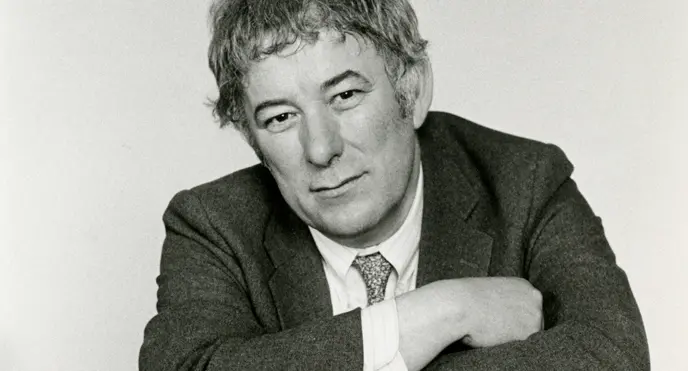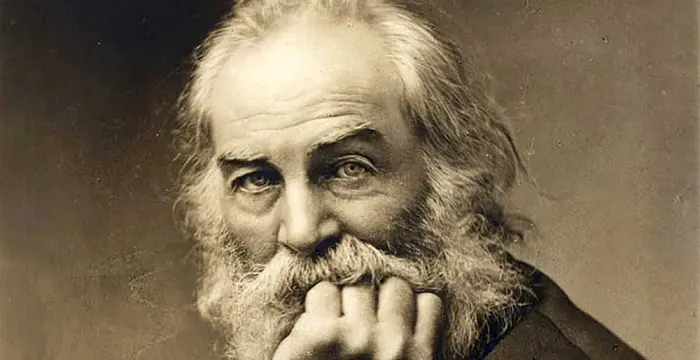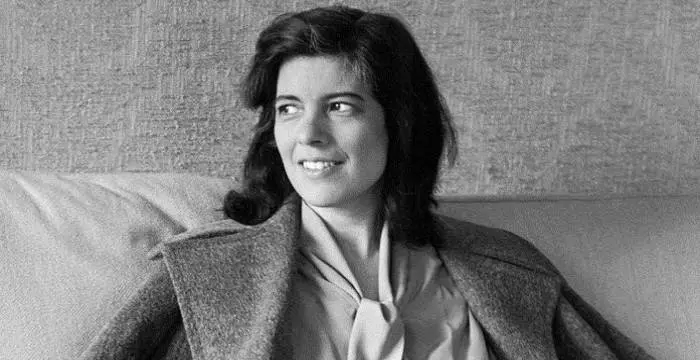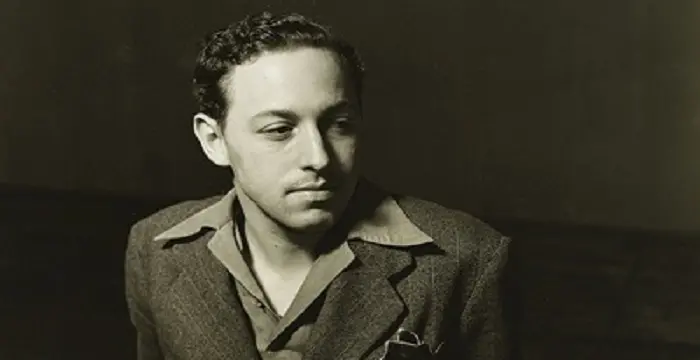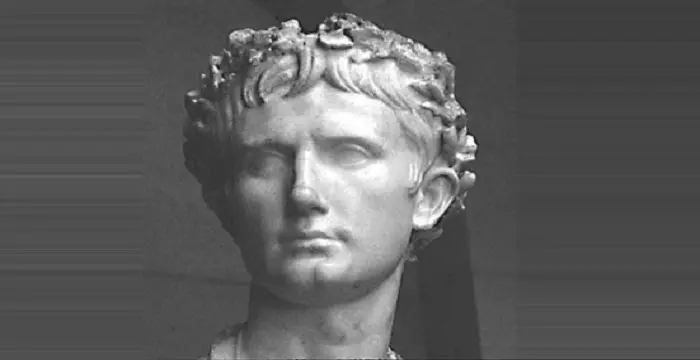
Horace - Roman Poet, Timeline and Facts
Horace's Personal Details
Horace was an ancient Roman poet who was one of the leading poets of Augustan Age
| Information | Detail |
|---|---|
| Nationality | Ancient Roman |
| Famous | Bisexual, Writers, Poets, Roman Poet |
| Known as | Quintus Horatius Flaccus |
| Birth Place | Venosa, Italy |
| Gender | Male |
| Sun Sign | Sagittarius |
| Born in | Venosa, Italy |
| Famous as | Roman poet |
| Died at Age | 57 |
Horace's photo
Who is Horace?
Horace, whose real name was Quintus Horatius Flaccus, was the leading Roman poet of the Augustan Age. He was a member of literary circle that included Virgil and Lucius Varius Rufus. The most frequent themes in his works were love, pleasures of friendship and simple life, and the art of poetry. His most important work is “Ars Poetica” which influenced many playwrights and writers including Lope de Vega, Michel de Montaigne, Henry Fielding, Calderón de la Barca, Pierre Corneille, Samuel Johnson, Goethe, Voltaire and Diderot. His works also deeply influenced later writers including Ben Jonson, Alexander Pope, W.H. Auden, Robert Frost, and many others. His other important works were “Odes”, “Epodes”, “Satires”, “Epistles” and “Carmen Saeculare”.
// Famous Poets
Charles Bukowski
Charles Bukowski was a German-born American novelist, short story writer and poet. With this biography, learn in details about his childhood, life, works, career and timeline
Seamus Heaney
Nobel Laureate Seamus Heaney was an Irish poet, playwright and translator. Know about his profile, childhood, life and timeline in the biography below.
Walt Whitman
Walt Whitman was an American poet, journalist and humanist. Read this brief biography to find more on his life & timeline.
Biography detail
Horace Childhood and Life
Horace was born on December 8, 65 BC in a small town of Venusia between the border regions of Apulia and Lucania. His father, an Italian freedman, owned a small farm in Venusia. His father later moved to Rome where he worked as a coactor, middleman between buyers and sellers at auctions and received 1% of the purchase price on each service. His father spend considerable amount of money on his son’s education and sent him to the finest school in Rome, the Grammaticus Orbilius. Later, he was sent to Athens to study Greek and philosophy. In 44 BC after the assassination of Julius Caesar, he joined the army, serving under the generalship of Brutus. He was a staff officer and fought in the Battle of Philippi in 42 BC. In the battle, Marc Antony and Octavian (later Augustus) defeated the army of Brutus. Horace mentioned that he fled from the battle, leaving behind his shield. The defeat at war concluded his military career and he lost his family property. When the victorious Octavian declared amnesty for those who had fought against him, Horace decided to return Rome. As he had lost his family property he was reduced to live in poverty. But soon he was appointed as a scriba quaestorius, an official of the Treasury. It allowed him to practice his poetry.
In this period, he became friends with the poets Virgil and Varius, and by 38 BC he was acquainted with Maecenas, who was an advisor to Augustus. Maecenas became his close friend and gifted him an estate near Tibur in the Sabine Hills. This estate helped Horace to have a modest income and leisure time to write. Probably around 35 BC, he published Satires which was written in hexameter verse and described poet's rejection of public life. In 29 BC, Horace published the “Epodes” and in 23 B.C he appeared with the first three book of his famous work, “Odes”. In 20 BC, he published the first book of “Epistles”. When Virgil died in 19 BC, it left Horace become the most celebrated poet in the city of Rome. He was already overburdened by work and when Augustus offered him the job of his private secretary, he had no option but to decline the lucrative offer. In 17 BC Emperor Augustus asked Horace to write a ceremonial poem celebrating his reign to be read at the Secular Games. In 14 BC, he came up with the second book of “Epistles”. The next year he published the fourth book of “Odes”. In the final years of his life, Horace wrote the critical, “Ars Poetica”.
Death
Few months after the death of his close friend Maecenas, he died on November 27, 8 BC at the age of 57. Since Horace had no heirs, he left his estate to Augustus and was buried near the tomb of Maecenas.
Influence
Horace is considered as one of the leading poets of the Augustan Age along side Virgil and Ovid. Many of his poetry themes like the beatus ille (an appraisal of simple life) and carpe diem (literally "pluck the day", or "enjoy the day") gained importance during the late Middle Ages and the Renaissance, and influenced poets like Petrarch and Dante. The themes of his poetry were taken seriously from 16th century when the Renaissance culture and its admiration of Roman and Greek history were solidly established. During this period, Horace’s influence can be traced in the works of noted poets like Garcilaso de la Vega, Juan Boscán, Torquato Tasso, Pierre de Ronsard and Fray Luis de León. Fray Luis de León was known for writing some of the most remarkable "Odes" based on the beatus ille precepts. Some later famous poets like, Shakespeare and Quevedo were also heavily influenced by Horace's poetry.
His significant work “Ars Poetica” served as a canonical guide for composing poetry till the end of romanticism. Even though the theme and percepts of this work were not clear to most people, it was widely read and studied by many writers. “Ars Poetica” held the unparallel distinction of being one of the foremost works in terms of form, wording and setting of any poem, play or prose work. The influence of this book can be traced in the works of several playwrights and writers such as Lope de Vega, Michel de Montaigne, Henry Fielding, Calderón de la Barca, Pierre Corneille, Samuel Johnson, Goethe, Voltaire and Diderot. Horace is also well known for coining several Latin phrases that are still in use today, whether in Latin or translation. These phrases include carpe diem, Dulce et decorum est pro patria mori (It is sweet and fitting to die for one's country), Nunc est bibendum (Now we must drink), and aurea mediocritas ("golden mean"). Horace is also the inspiration for the character Quintus Horatius Flaccus in the Oxford Latin Course, a Latin textbook for secondary students.
Literary Style
Like the most of early Latin poets, Horace’s works were written in Greek meters. Some of these were written in hexameters which were relatively easy to adapt into Latin whereas in some works like “Odes”, he used more complex forms such as alcaics and Sapphics. Even though “Odes” was written in different meters and themes, it had expressed ordinary thoughts and sentiments with a deceptive finality and simplicity. The most recurrent themes in Horace's works are love, pleasures of friendship and simple life, and the art of poetry. His works were, sometimes, autobiographical and dealt with moral and political issues. In “Epodes”, he indicated that he is leaving Rome to find a new Golden Age in the Atlantic. In his poem, “Secular Hymn”, Horace expressed his approval of Augustus' reforms.
// Famous Bisexual
Bella Thorne
Bella Thorne is an American actress and singer. Let’s have a look at her personal and family life including age, net worth, relationships and fun facts.
Susan Sontag
Susan Sontag is an American critical essayist, cultural analyst, novelist, political activist, filmmaker and playwright of international repute. Read on to find out more about her childhood, career, profile and timeline.
Anna Paquin
Anna Paquin is a Kiwi film, theatre and television actress known for her roles in movies like ‘The Piano’, ‘Fly Away Home’, and ‘X-Men. This biography provides detailed information about her childhood, life, achievements, works & timeline.
// Famous Writers
Joyce Meyer
Joyce Meyer is a Christian author and speaker. This biography provides detailed information about her childhood, life, achievements, works & timeline
Temple Grandin
Temple Grandin is a well-known American writer, autistic activist and animal expert. This biography profiles her childhood, life, achievements, career and timeline
Tennessee Williams
Tennessee Williams was one of the greatest playwrights of the 20th century. This biography of Tennessee Williams provides detailed information about his childhood, life, achievements, works and timeline.
Charles Bukowski
Charles Bukowski was a German-born American novelist, short story writer and poet. With this biography, learn in details about his childhood, life, works, career and timeline
Susan Sontag
Susan Sontag is an American critical essayist, cultural analyst, novelist, political activist, filmmaker and playwright of international repute. Read on to find out more about her childhood, career, profile and timeline.
Suze Orman
Suze Orman is an American television host, financial advisor, author and motivational speaker, famous for her ‘The Suze Orman Show’ on CNBC. This biography profiles her childhood, life, career, works, achievements and timeline.
Horace's FAQ
What is Horace birthday?
Horace was born at 2020-04-12
When was Horace died?
Horace was died at 2020-04-14
Where was Horace died?
Horace was died in Rome
Which age was Horace died?
Horace was died at age 57
Where is Horace's birth place?
Horace was born in Venosa, Italy
What is Horace nationalities?
Horace's nationalities is Ancient Roman
What is Horace's sun sign?
Horace is Sagittarius
How famous is Horace?
Horace is famouse as Roman poet
